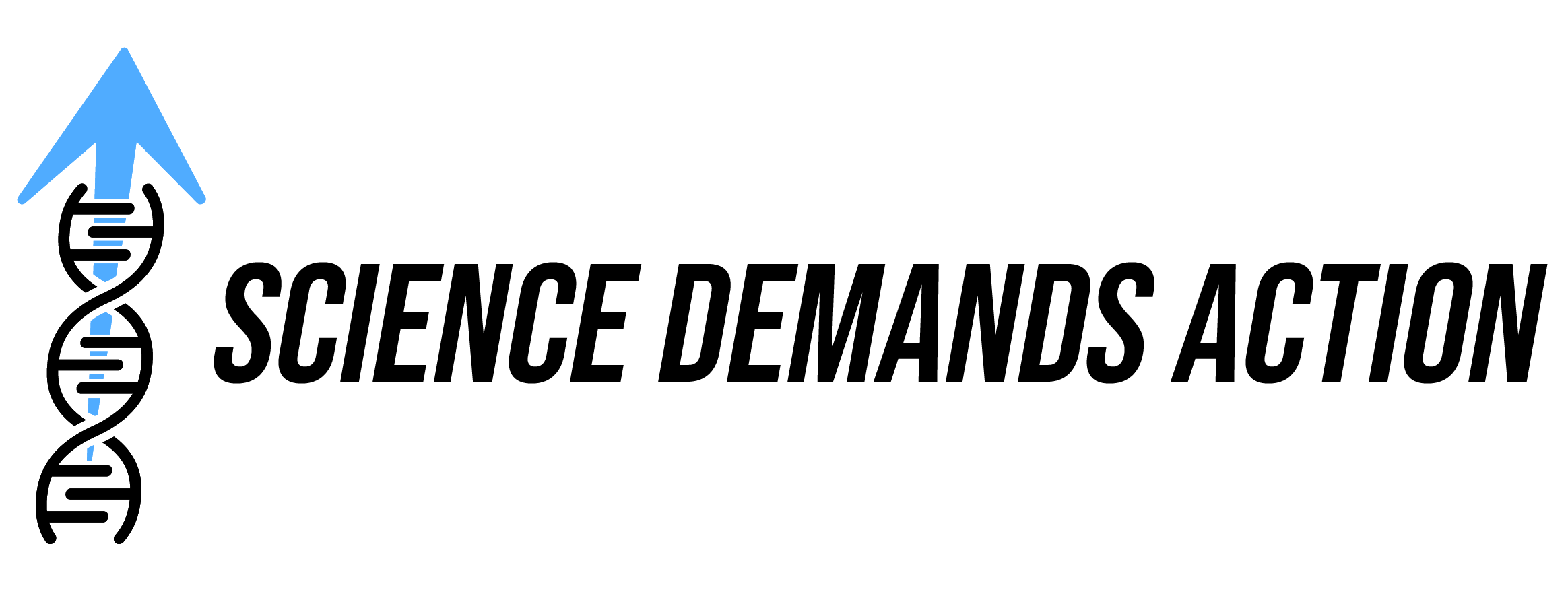Canvassing with Compassion alongside Tonawanda Coke Soil Study
By Joshua Lomeo
On Saturday, June 16, Science Demands Action and Friends of Tonawanda Coke Soil Study hosted a Canvassing with Compassion discussion and workshop. The event was focused on understanding and listening to the perspective of community members with regards to local activism and scientific studies. The aim of this discussion was learning how to compassionately engage the public on issues which have or will have an impact on their lives. The discussion panel was held by Katie Little, Jennifer Carlson, and Elizabeth Schiavoni.
As the community organizer for the Tonawanda Coke Soil Study, Katie Little has had firsthand experience communicating with the public in regards to the study, which seeks to determine if there are contaminated soils for residents living near the Tonawanda Coke plant. The study was a consequence of a federally ordered sentencing of the company, which was found to have violated the Clear Air Act.
When asking residents to participate in the study, Katie encountered a range of reactions, including fear over health effects of contaminated soil, effects the study’s conclusions might have on property value, and anger that the company could have such disregard for the local community. Katie found that study efforts were bigger than the science itself, requiring engagement with the community to understand their emotions and problems, and assuring them that study is beneficial for them.
Elizabeth Schiavoni, from Science Demands Action, addressed some approaches to take when canvassing. Among these is presenting the issue to the community as something of concern to them, rather than immediately asking them to do something. It is important to make sure that they are interested and understand the problem at hand, answering their questions, and then asking if they wish to help further. Being mindful that you are taking up the person’s time, it is useful to be concise and be prepared for frequently asked questions.
Jennifer Carlson, a social worker and Director of Clinical Operations at Sheridan Medical Group, discussed some ways in which the gap between activism issues and the community can be bridged. It is essential to be aware that these issues may be highly personal and cause a strong emotional reaction. In the case of the soil study, this might include frustration over medical issues encountered from Tonawanda Coke’s violations of the Clear Air Act. Expressing compassion and sensitivity to these reactions is a key step in building an initial trust with community members.
The level of engagement between issues and community members also depends on their own personal struggles. It may be difficult to gain someone’s interest in helping on issues that are larger than their own, which makes showing compassion and understanding essential. Allowing someone to tell you their story, asking questions about their feelings, and ensuring that you understand their perspective can help build further trust. If someone’s emotions escalate during a conversation, it is important to not overreact or push on talking, but seek to understand further how they are feeling.
After the discussion, attendees participated in a role-playing exercise to practice communication between a community member and a canvasser. Participants practiced in both roles, learning how to address frustrations and reactions to canvasing efforts. The workshop displayed the importance of relationship building between the scientists and the local community, with trust and empathy being built in conversations that seek to understand someone’s perspective. Seeking out someone’s story and relation to the issue at hand can ultimately provide more accurate data than talking with more people on a less personal level.
